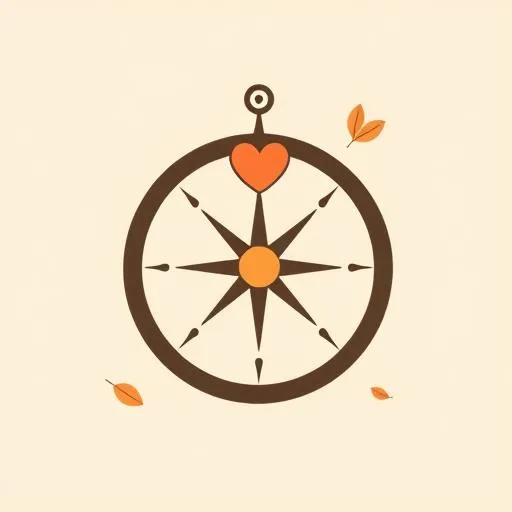
Ever feel like you’re navigating a maze blindfolded? One minute you’re deciding on screen time rules, the next you’re wondering if that new summer camp is really the right fit. The noise is constant! But what if I told you that you—and your kids—already have a built-in, foolproof compass? It’s that little flutter in your stomach, that gut feeling we’re so often told to ignore. But according to author Hrund Gunnsteinsdóttir, tuning into that intuition isn’t just a nice idea; it’s a life-changing skill that can shape a more connected, compassionate future for our families and our world. And honestly, that really resonated with me!
Unlocking Your Inner GPS
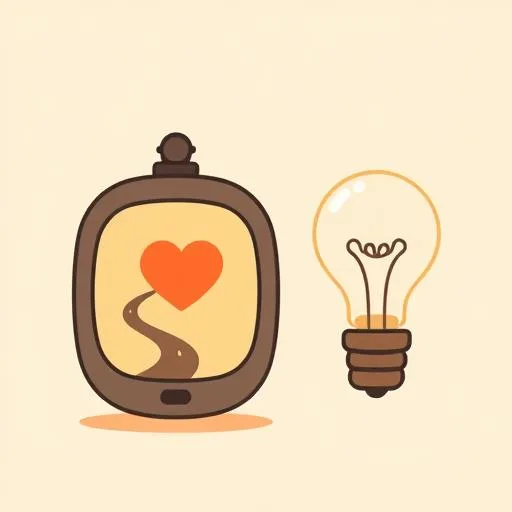
Let’s be real, parenting is the ultimate improvisation act. We’re constantly making decisions on the fly, hoping we’re getting it right. But we often look everywhere for answers—books, blogs, well-meaning relatives—except for the one place that has a direct line to our deepest wisdom: ourselves. That “gut feeling” is intuition. It’s not magic; it’s your brain and body processing tons of tiny cues in a split second, long before your conscious mind catches up. It’s that instant sense of ‘yes!’ when your child meets a new friend who just radiates kindness, or that subtle ‘hmm, maybe not’ when a situation feels a little off, even if you can’t explain why.
Building on this understanding of intuition as our internal compass, Hrund Gunnsteinsdóttir suggests that this inner voice is desperately trying to get our attention. In a world that screams for data and logic, she reminds us to listen to the whisper. Think of it like this: if your family is on a grand adventure, your intuition is the trusty guide who knows the secret paths and points out the hidden wonders. It’s the voice that helps you choose connection over conflict, and courage over comfort. It’s a superpower, and it’s time we started using it—and teaching our kids to trust theirs, too!
Let’s Become Feeling Detectives!
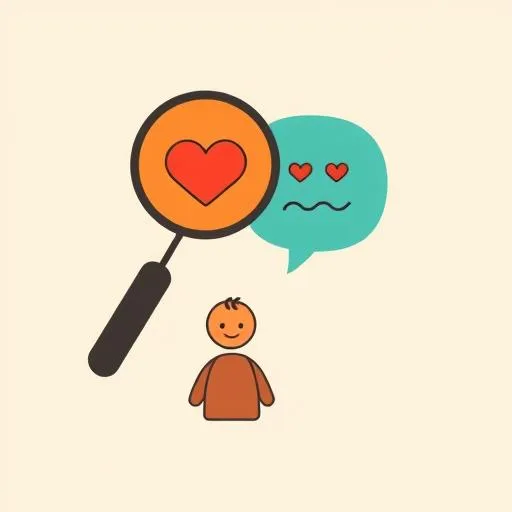
So, how do we go from knowing it’s there to actually hearing it? It starts with a simple, yet totally profound instruction Gunnsteinsdóttir offers: “Pay attention to what you pay attention to.” That’s powerful. It’s about creating moments of quiet to notice our own reactions. You don’t need a silent retreat; you can do it on the walk home from school, smelling the crisp autumn air on a clear day like today.
We can turn this into an amazing game with our kids. Forget asking, “How was school?” Try something like, “What part of your day made your tummy feel happy and bubbly?” or “Did anything make your shoulders feel tight and heavy?” This isn’t about psychoanalyzing them; it’s about giving them the language to understand their own internal signals. Psychotherapist Nancy Napier suggests these body feelings are clear signs—a knot in your stomach or tightness in your throat can tell you if a situation is good for you or not.
What if, when choosing a weekend activity, instead of a pros-and-cons list, we asked, “Which idea makes our hearts feel light and floaty, like a balloon?” Suddenly, a simple choice becomes a lesson in self-trust. It’s about moving from “What should we do?” to “What feels right for us?” You’re not just planning a Saturday; you’re building a foundation of self-awareness that will serve them for their entire lives. It’s particularly exciting to watch that confidence bloom!
From Our Guts to the Whole Wide World
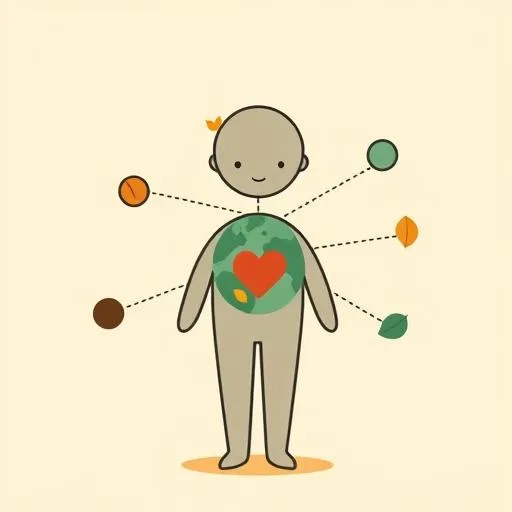
Here’s where it gets particularly exciting. Gunnsteinsdóttir makes a mind-blowing connection: “The state of the climate is a manifestation of our neglecting our internal lives and of the belief that we are separate from the natural world.” Just let that sink in. By losing touch with ourselves, we’ve lost touch with everything else. Think about that!
When we teach our kids to listen to their intuition, we’re doing more than just helping them make good choices. We are nurturing a deep sense of interconnectedness. A child who trusts their gut feeling about being kind to a lonely classmate is also more likely to feel a connection to a wilting plant in the garden or a piece of trash on the sidewalk. They learn that their inner world and the outer world aren’t separate—they’re part of the same beautiful, messy, wonderful story.
This is where that feeling of awe comes in. As one study highlights, reconnecting with the beauty and wonders of life around us dramatically improves our well-being. A walk in the park becomes a chance to feel the solid ground beneath our feet, to notice the intricate patterns on a leaf, and to feel, deep in our bones, that we belong here. We’re not just observers of nature; we are nature. And raising a generation that feels this in their gut? That’s how we change the world. That’s hope in action!
Your Family’s True North
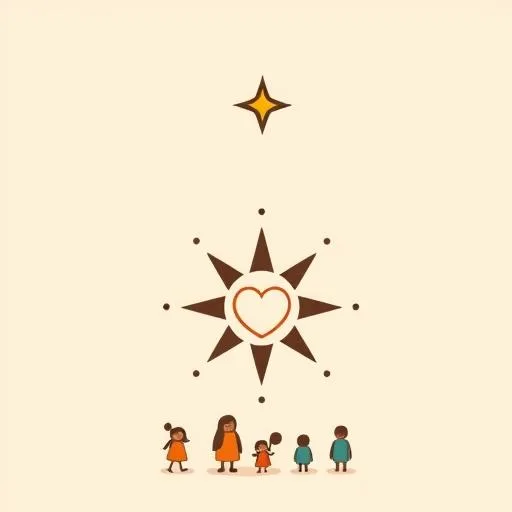
At the end of the day, this isn’t about adding another task to our already-full plates. It’s about subtracting the noise. It’s about giving ourselves permission to trust that deep-down knowing, that quiet hum beneath the chaos of daily life. It’s about looking at our kids and knowing that the greatest gift we can give them isn’t more information, but the confidence to listen to the wisdom they already carry inside.
Here’s something fascinating to consider: intuition is like a family legacy—passed down not through genes, but through shared moments of quiet reflection and trust. For example, try this simple practice tonight: at dinner, ask everyone to share one moment today when they felt a strong gut feeling, whether it was a ‘yes’ or a ‘no.’ It’s a small step that builds a lifetime of self-awareness.
So next time you have a decision to make, big or small, take a breath. Put a hand on your tummy. Ask, “What does this feel like?” And then listen. Really listen. You’re tuning into your family’s true north, a guide that will never steer you wrong. What an incredible adventure to be on, raising kids who are not just smart, but deeply, intuitively wise. Now that’s something to get genuinely, ridiculously excited about!
As you reflect on this, what’s one small way you can encourage your child to trust their inner voice this week?
Source: Paying attention to your gut can change your life — and the world, CNN, 2025/09/05
